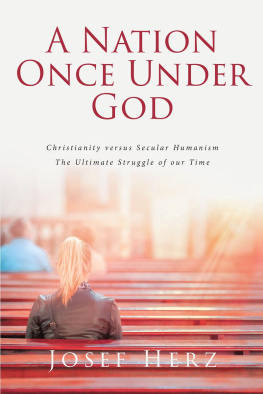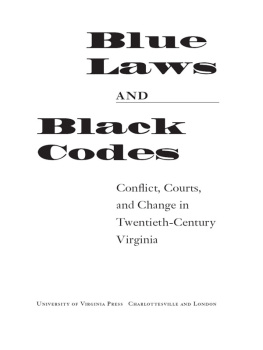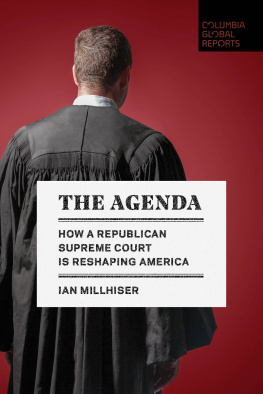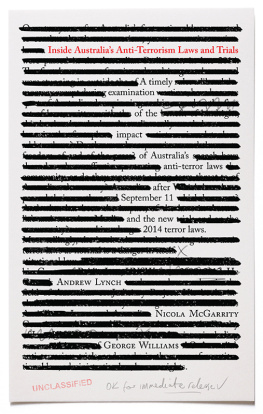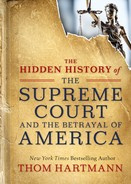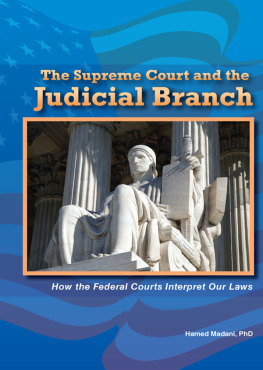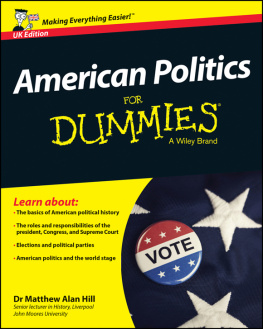Chapter 1
The Postmodern Culture
The Dilemma of Being a Practicing Christian in a Postmodern Secular Society
Sunday mornings across the country, children and their parents are hurrying to their church of choice. Upon entering the sanctuary as quietly as possible, not to cause too much of a disturbance, they seek a pewmaybe in the back row somewhere for a quick exit if necessaryand are finally seated. Halfway through the morning worship, one of the ministers or CE leaders will challenge the children with a biblical or Christian story. I admit, this is and has been for me one of my greatest joys, seeing the children running up to the pulpit and sitting on the floor, looking expectantly at the person presenting the story. Afterward, the parents or one of the CE board members will march them to the Christian education classrooms. The numbers have in recent years been less, but I do remember thirty years ago, in our small congregation, that twenty to thirty children were enrolled. The dedication of the Sunday school teachers has always amazed me, Sunday after Sunday, preparing for the class curriculum, praying over their students, and using their talents to the best of their ability to plant the seeds and embed Christian values into their young minds. The sheer love and energy displayed by the parents and children has compelled me to contribute to and subsidize the Christian Education Board.
Being aware of the separation of church and state here in the US and the absence of Christian education in public schools nationwide, it is an absolute necessity to educate children in the Christian faith, and hopefully when they become adults, they will become active members in a Christian church.
Looking back to the years when I was their age living in Germany, Christian education was part of public-school curriculum, and so was church attendance. The whole public-school class was marched to the nearest church, and Mass was part of our schooling one day of the week. Sunday church attendance was mandated by the church and enforced by the parents, as was First Holy Communion, Confession, and Confirmation. The Christian faith was the foundation that the secular state rested upon. The union of a man and a woman in marriage was made legal by the civil authorities in the town hall and signed by the mayor. Holy matrimony was officiated by a priest celebrating Mass. You were blessed by the priest, if you and your bride where Catholic, or by a pastor if Lutheran.
American Baptist or other nondenominational congregations were, to my knowledge, not part of the general publics belief system, as it was overwhelmingly a Catholic and Lutheran Country. Cohabitation was unlawful and frowned upon; it could even land the parents in prison for prostitution in Germany at the time.
Statistics tell us that, in 1950, the divorce rate was 5 percent, and the present rate is 50 percent, mainly due to the introduction of the no-fault divorce law. The no-fault divorce was legalized in California in 1969 and was adopted by many states soon thereafter. An increasing number of children are now growing up in a one-parent home, making it more difficult for the remaining parent to bring the children to church and to participate in activities due to their increased work schedules.
The elimination of blue laws allowed Sunday store openings, making it possible for many parents to work and earn enough to provide for the family. Two incomes are needed for a family of four to enjoy a standard of living that a single-income household was once able to provide. In 1970, the average wage of a blue-collar worker was enough to make a mortgage payment and a car payment while still being able to feed and clothe a family of four. Forward to 2018, due to the changing corporate culture, it may not be too far-fetched to believe that it requires two and a half paychecks to stay ahead of foreclosure on a house, and this while the family is living paycheck to paycheck. If day care is necessary, for lack of grandparents available to babysit part of the week, it further erodes financial stability.
When I see young families, I think, That mom is still the heart and soul of the family and she has an incredible schedule and tasks to master to care and support her family. The saving grace is that the husbands are more in this together with their wives and are cooperative in doing household chores than when I was a young father. Many things where never done by the husband in Germany where I grew up, which is also not so anymore. Now, moms and dads get up very early in the morning to get the children up, dressed, breakfast prepared, their own needs attended to. The husband may or may not be there due to greater travel time to work, which may be an hour or two away.
The stress level alone of a two-working-parent household is severely limiting the attendance and volunteering in their local church, as they barely have enough energy for all their family activities.
My purpose in writing this book is to make people aware of why and how this scenario had come about. When I bring up the subject of the American banking system, and how it was structured fifty years ago as family-friendly, you might be thinking, a bank, family-friendly; yes, they really did operate under that system.
My wife and I arrived in New York from Germany in 1963, desiring and dreaming to have a piece of the American pie. Fortunately, I found instant employment due to my training in Germany as a sausage maker, very much in demand in New York City at that time. The pay was adequate to support my wife and one son living in an apartment in the Bronx. Soon, we were able to afford a used 1958 Ford Galaxy we purchased for four hundred dollars, so we could go on weekend trips exploring the beautiful State of New York or drive to Connecticut visiting friends. After many journeys to Connecticut, we decided in 1965 to relocate there.
Moving into an apartment in Hartford and working for a beef company made it possible for us to dream about a home in the suburbs and live like the families on the Donna Reed or Father Knows Best TV shows. We would spend our free time scouting and scouring the immediate areas around Hartford, CT, for newly developing subdivisions, where model homes where open on Sundays.
Working extra hours at my job, saving as much as possible from one paycheck, within one year we had saved enough money that we thought was enough for a down payment. I applied to every bank that would hand me an application, and soon I found one that would consider giving me a mortgage, with one provision: a 30 percent down payment, because I was an immigrant. Well, I kind of regrouped and asked my employer if he would consider allowing me to work more overtime so I would be eligible for the mortgage. He offered to lend me the $16,500.00 to purchase that house, but, not wanting to be indebted to the company, I opted for the overtime.
In 1963, American banks where family-oriented or -minded, approving mortgage money to a family only if one weekly paycheck would cover the monthly mortgage. They reasoned that a 25 percentage mortgage obligation would allow the family to be able to spend time together. Remember, in those days Sundays were still off limits for stores to be open; Sunday was a time for family gatherings. Forward to 1974, this policy was abandoned for a higher profit for the banks, the builders, and the real estate industry. With full approval of US government agencies like FHA or VA, who were regulating the housing industry, the rate to attain a mortgage was raised to 35 percent and was allowed to be based on two incomes.
Consequently, the price of the average three-bedroom house increased amazingly to 90,000 from 35,000 within the span of five years, not because the house was now bigger, but because it made more home-seekers eligible to qualify for a larger mortgage. It was celebrated as the best invention since sliced bread. And since there is a larger percentage of profit in building larger houses, small three-bedroom houses that would have qualified for GI loans were not being built anymore. Many one-income families became two-income families, and with the ingenuity of subprime mortgages, it was even possible for families to purchase a mansion with a small down payment and low initial mortgage payments that would turn into a ballooning payment within a couple of years, which most homeowners were not able to pay. It was only a matter of time when the house of cards would collapse, and it did so in 2008, with catastrophic consequences.

